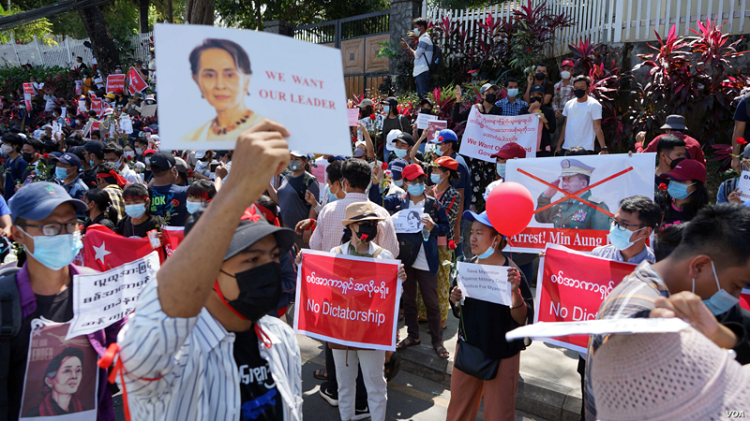The Diplomat
The Haramain high-speed train resumed commercial operations yesterday on the entire line between Mecca and Medina, Saudi Arabia, with stops at the stations of Jeddah airport and Kaec, suspended since 21 March last year due to the pandemic, reports Europa Press.
The AVE to Mecca is the first high-speed train to operate in a desert environment and almost all the materials of its infrastructure come from Spanish companies such as Renfe, Adif, ACS, OHL, Indra or Talgo, among others.
At a ceremony to launch the first post-pandemic route, the Spanish ambassador to Saudi Arabia, Álvaro Iranzo, as well as the Saudi Minister of Transport, Saleh Al-Jasser, the president of the Spanish Consortium Alta Velocidad Meca Medina, Jorge Segrelles, and the general director of the Consortium, Álvaro Senador-Gómez, were present.
The train initially offers up to 30 daily frequencies, rising to 54 during Ramadan, which begins on 13 April and ends on 12 May. The Hajj will take place between 17 and 22 July.
Haramain has had to adopt a protocol to protect itself from Covid-19 in accordance with the recommendations of the Saudi health authorities. These include reinforcing cleaning and disinfection procedures on trains, limiting the number of seats to 200 passengers per train to ensure interpersonal distance, and carrying out body temperature checks at stations.
During the pandemic, work on the infrastructure did not stop, which has now made it possible to offer a speed of 300 kilometres per hour along the 450-kilometre route between Mecca and Medina.
This marks the beginning of the seven-year period assigned to phase 2 of the project, which includes the operation and maintenance of the line by the companies making up the consortium, extendable to 12 years.







